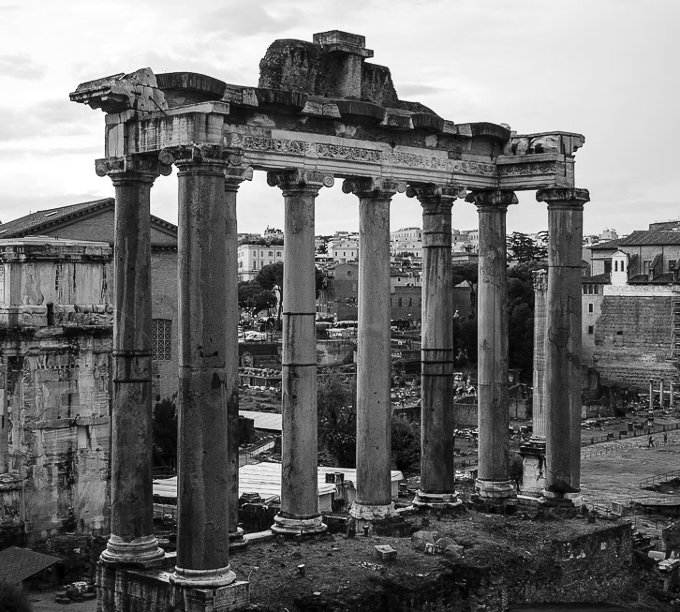|
.:: Ubi's Rome ::.
made in UbiLand |
|
|
Roman deities According to E.M. Berens, author of Myths and legends of ancient Greece and Rome, when the Greeks first settled in Italy they found in the country they colonized an existing mythology, which, according to the Greek custom of paying reverence to all gods, known or unknown, they readily adopted, selecting and appropriating those divinities which had the greatest affinity to their own, and thus they formed a religious belief which naturally bore the impress of its ancient Greek source. Alas, we must also agree with him on the uneniable fact that the locals were a less civilized people than the Greeks. So on, this circumstance, combined with the fact that the Romans were not gifted with the vivid imagination of their Greek neighbours, leaves its mark on the Roman mythology, which is far less fertile in fanciful conceits, and deficient in all those fairy-like stories and wonderfully poetic ideas which so strongly characterize that of the Greeks. Indeed, the Roman pantheon essentially represents an adaptation of the Greek deities, even though some influence from the religion of the Italian peninsula is well evident, especially for Nature- and season-related characters. In the Roman religion, the names of Gods were changed, too, so Zeus became Jupiter, Ares was renamed to Mars, Aphrodite to Venus and so on. It is common knowledge that many Roman names survive today in the names of the planets.  the temple of Jupiter on the Capitoline Hill The legends tell of three generations: the first one being that of Uranus and Gea, then came Saturn and Rea; finally, Jupiter became the king of the gods. The Romans declared Cronus to be identical with their old agricultural divinity Saturn. They believed that after his defeat in the Titanomachia and his banishment from his dominions by Zeus, he took refuge with Janus, king of Italy. As for Zeus and Jupiter, there is to say that the latter is far from being identical to the former. In the Roman view, indeed, he is the lord of life in its widest and most comprehensive signification, having absolute power over life and death, in which respect he differed from the Greek Zeus, who was to a certain extent controlled by the [..] Fates.. Even though this may seem a detail, from a philosophical perspective it is a big difference and makes the Greek vision deeper and someway dramatic, where the Fate represents the mysterious and unstoppable force of destiny. The Romans erected the most important temple to Jupiter on the Capitoline Hill and depicted him seated on a throne, holding a sheaf of thunderbolts. For more information on single deities, pages are provided on this site. |
|
